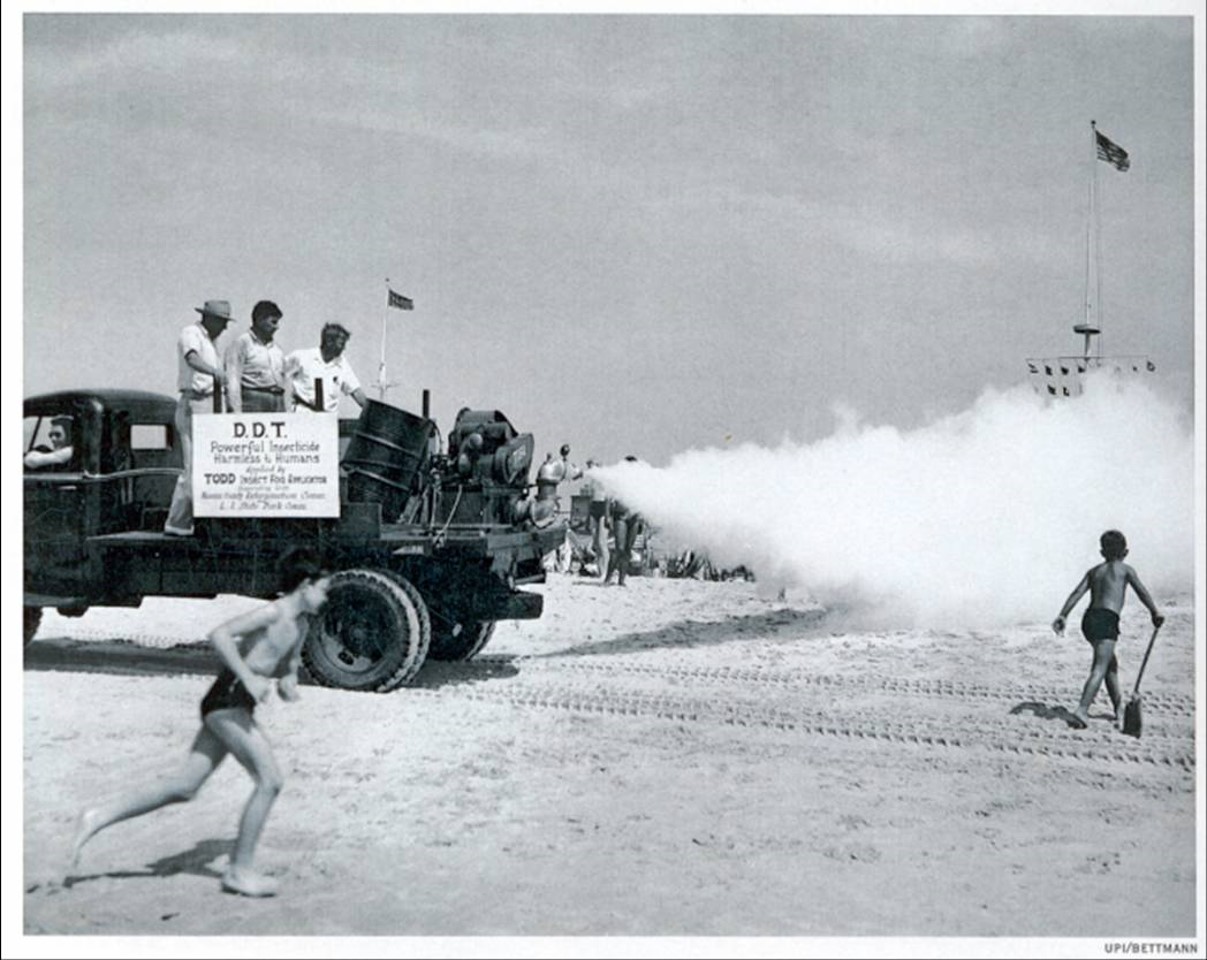Career Fair Success: Preparation, Strategy, and Maximizing Opportunities
Are career fairs worth it?
Career fairs remain one of the virtually direct ways to connect with multiple employers in a single setting. But with digital recruitment platforms expand, many jobseekers question whether these events justify the investment of time and energy.

Source: getcareero.com
The short answer? Yes, career fairs are worth it — when approach strategically.
The unique benefits of career fairs
Career fairs offer advantages that digital applications but can not match:
-
Face to face interactions
Create memorable impressions that online applications can not -
Direct access to hire managers and recruiters
Who make decisions -
Immediate feedback
On your resume and qualifications -
Inside information
About company culture and upcoming opportunities not nevertheless advertise -
Practice with professional interactions
In a low pressure environment
Research from the national association of colleges and employers show that employers systematically rank career fairs among their top five recruitment strategies, with many companies make hire decisions direct from these events.
Who benefit virtually from career fairs?
Career fairs provide exceptional value for:
-
Recent graduates
Build their professional network -
Career changers
Explore new industries -
Professionals seek advancement
Within their field -
Anyone curious about current market trends
And skill demands
Eventide if you’re not actively job hunting, career fairs provide valuable industry insights and connection opportunities that could benefit your professional journey months or years ulterior.

Source: careers.tufts.edu
Essential items to bring to a career fair
Arrive prepared demonstrate professionalism and maximize your chances of success. Here’s what should be in your career fair toolkit:
Documents and materials
-
Resumes (15 20 copies )
Print on high quality paper with a clean, professional design. Store them in a folder to prevent creases. -
Business cards
Level as a student or entry level professional, these make exchange contact information unlined. -
Portfolio or work samples
Bring concise examples of relevant projects if appropriate for your field. -
Pad folio or professional notebook
For take notes during conversations and organize collect materials. -
List of target companies
Research advance and prioritize your must-visit booths.
Technology essentials
-
Full charge smartphone
For access digital resume, connect on LinkedIn, or scheduling follow-up interviews. -
Digital portfolio access
Have links or qr codes ready for your online work. -
Portable charger
Prevent battery anxiety during long events.
Personal comfort items
-
Water bottle
Stay hydrated helps maintain energy and mental clarity. -
Breath mints
Not gum, which can appear unprofessional while chew. -
Professional bag or briefcase
To organize all materials and collect information. -
Comfortable yet professional shoes
You’ll be stood for extended periods.
Remember that everything you bring contributes to your professional image. Opt for quality over quantity, and ensure all materials reflect your personal brand systematically.
How to prepare for a career fair
Effective preparation transform a career fair from an overwhelming experience into a strategic opportunity. Start your preparation at least a week before the event with these steps:
Research phase (3 7 days earlier )
-
Identify participate companies
Review the official attendee list and prioritize 5 10 organizations that align with your goals. -
Research target companies
Examine their mission, recent news, products / services, and current job openings. -
Update your resume
Tailor multiple versions for different positions or industries if necessary. -
Prepare your elevator pitch
Craft a 30-second introduction highlight your background, skills, and career interests. -
Practice interview responses
Anticipate common questions and prepare concise, compelling answers.
Logistics planning (1 2 days ahead )
-
Map your route
Plan transportation and parking to arrive 15 30 minutes other. -
Create a schedule
Prioritize must visit companies while allow flexibility. -
Select professional attire
Choose industry appropriate clothing that make you feel confident. -
Prepare your materials
Print resume, organize your portfolio, and pack your career fair kit.
Mental preparation (day before )
-
Review company research
Refresh your memory on key details about target organizations. -
Practice your introduction
Rehearse your elevator pitch until it flow course. -
Get adequate rest
Ensure you’re mentally sharp and physically energize. -
Set specific goals
Define what success look like (e.g., connect with three target companies, collect five business cards )
Online preparation
-
Update LinkedIn profile
Ensure it’s current and aligns with your resume. -
Research recruiters
If possible, identify who might represent companies at the fair. -
Clean up social media
Remove or privatize potentially unprofessional content.
This structured approach ensures you arrive confident, knowledgeable, and ready to make meaningful connections preferably than merely collect brochures.
Effective career fair questions
The questions you ask at a career fair reveal your preparation level, critical thinking skills, and genuine interest. They can transform a brief exchange into a memorable conversation that lead to further opportunities.
Questions to ask recruiters
Strategic questions demonstrate your research and serious interest:
-
” iInotice your company lately launch [[roduct / initiative ]]How does this reflect your organization’s future direction? ”
Shows you’ve done your homework. -
” wWhatqualities have you find make candidates successful in your organization? ”
Help you understand cultural fit. -
” cCouldyou describe the typical career progression for someone in [[our target role ]]”
Demonstrate long term interest. -
” wWhatchallenge is your department presently face that a new hire could help address? ”
Positions you as a problem solver. -
” hHowwould you describe your company culture compare to others in the industry? ”
Shows interest beyond exactly get a job.
Questions about the hiring process
-
” wWhatdoes your typical hire timeline look like from application to onboarding? ”
-
” hHowdoes your company approach the interview process for [[pecific position ]]”
-
” wWhatwould be the next steps if we determine there be a good fit? ”
-
” iIsthere anything specific iIshould highlight in my application to your company? ”
Questions for professional development
-
” wWhatprofessional development opportunities does your company offer? ”
-
” hHowdoes your organization support continue education or certification? ”
-
” cCouldyou share how mentorship work within your company? ”
-
” wWhatskills do you see become progressively important in this field? ”
Questions to avoid
Certain questions can undermine your professional image:
-
” wWhatdoes your company do? ”
Signals lack of basic preparation. -
” wWhatpositions are you hire for? ”
Overly general; show you haven’t research openings. -
” hHowmuch does this position pay? ”
Premature for initial contact; save for later interview stages. -
” hHowrapidly can iIget promote? ”
Suggest you’re more focused on advancement than contribute.
Remember to listen actively to responses and ask relevant follow-up questions. This will transform a standard Q&A into a genuine conversation that recruiters will remember.
Career fair strategies for maximum impact
Beyond preparation and ask good questions, implement these strategic approaches can importantly enhance your career fair experience and outcomes.
Time your visit
-
Arrive other
Recruiters are freshest and virtually engaged at the beginning of the event. -
Visit high priority companies foremost
Ensure you connect with your top choices while your energy is highest. -
Consider a strategic midday return
To priority booths when crowds have thin.
Make memorable impressions
-
Perfect your handshake
Firm, brief, with eye contact. -
Customize your approach
For each company base on your research. -
Express genuine enthusiasm
About specific aspects of the company or role. -
Listen more than you speak
Thoughtful responses to what recruiters share demonstrate engagement.
Network beyond recruiters
-
Connect with fellow attendees
They may share valuable insights or connections. -
Attend workshops or presentations
Offer during the fair for additional learning and network opportunities. -
Engage with alumni representatives
If present they oftentimes have unique perspectives and connection opportunities.
Effective follow-up strategies
What you do after the fair oft determine its ultimate value:
-
Send personalize thank you emails
Within 24 48 hours, reference specific conversation points. -
Connect on LinkedIn
With a customize invitation message. -
Apply officially
Through recommend channels, mention your career fair interaction. -
Track your applications
And follow up befittingly after the recommend waiting period.
Measure career fair success
Success at a career fair extend beyond receive immediate job offers. Consider these metrics to evaluate your experience:
-
Quality connections make
Meaningful conversations that could lead to opportunities -
New insights gain
About industries, companies, or roles -
Interview invitations
Receive follow the event -
Professional network expansion
New LinkedIn connections and industry contacts -
Confidence and skill development
In professional interactions
Flush without immediate job prospects, these outcomes provide last value for your career development.
Virtual career fair considerations
With the rise of virtual recruitment events, these additional strategies can help you navigate online career fairs efficaciously:
-
Test technology advance
Ensure your camera, microphone, and internet connection work decent. -
Create a professional background
Either a neat physical space or appropriate virtual background. -
Dress professionally
Appearance matter still in virtual settings. -
Prepare digital versions
Of all materials for easy sharing. -
Practice video communication skills
Include proper eye contact with the camera. -
Minimize distractions
In your environment during the event.
Conclusion
Career fairs remain valuable opportunities for jobseekers at all career stages when approach with preparation, strategy, and clear objectives. The face to face interactions — whether in person or virtual — provide unique advantages that digital applications unequaled can not match.
By prepare exhaustively, bring the right materials, ask thoughtful questions, and follow improving efficaciously, you transform a simple networking event into a powerful career development tool. The connections, insights, and opportunities gain oftentimes extend far beyond immediate job prospects, contribute to your professional growth and network for years to come.
Kinda than ask if career fairs are worth it, consider how to maximize their value through strategic engagement. With the right approach, these events can become pivotal moments in your professional journey, open doors to opportunities you might differently ne’er encounter.



